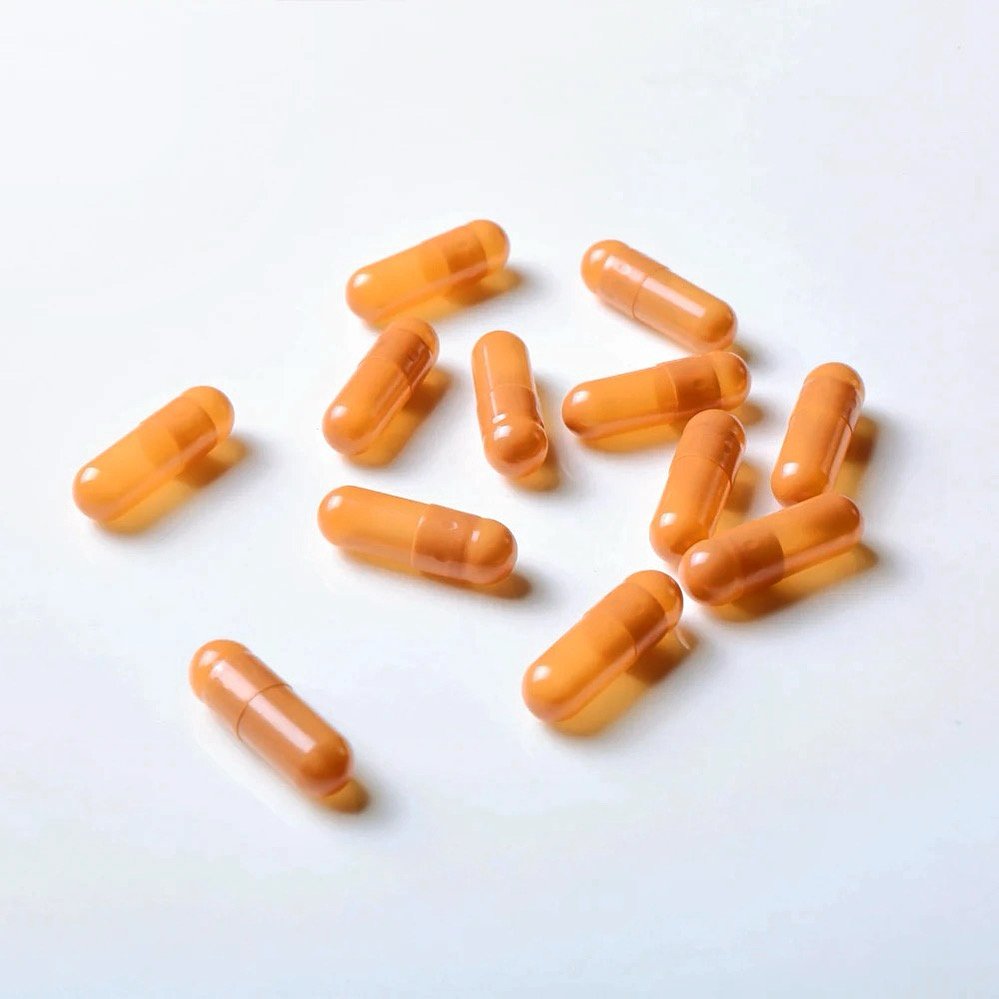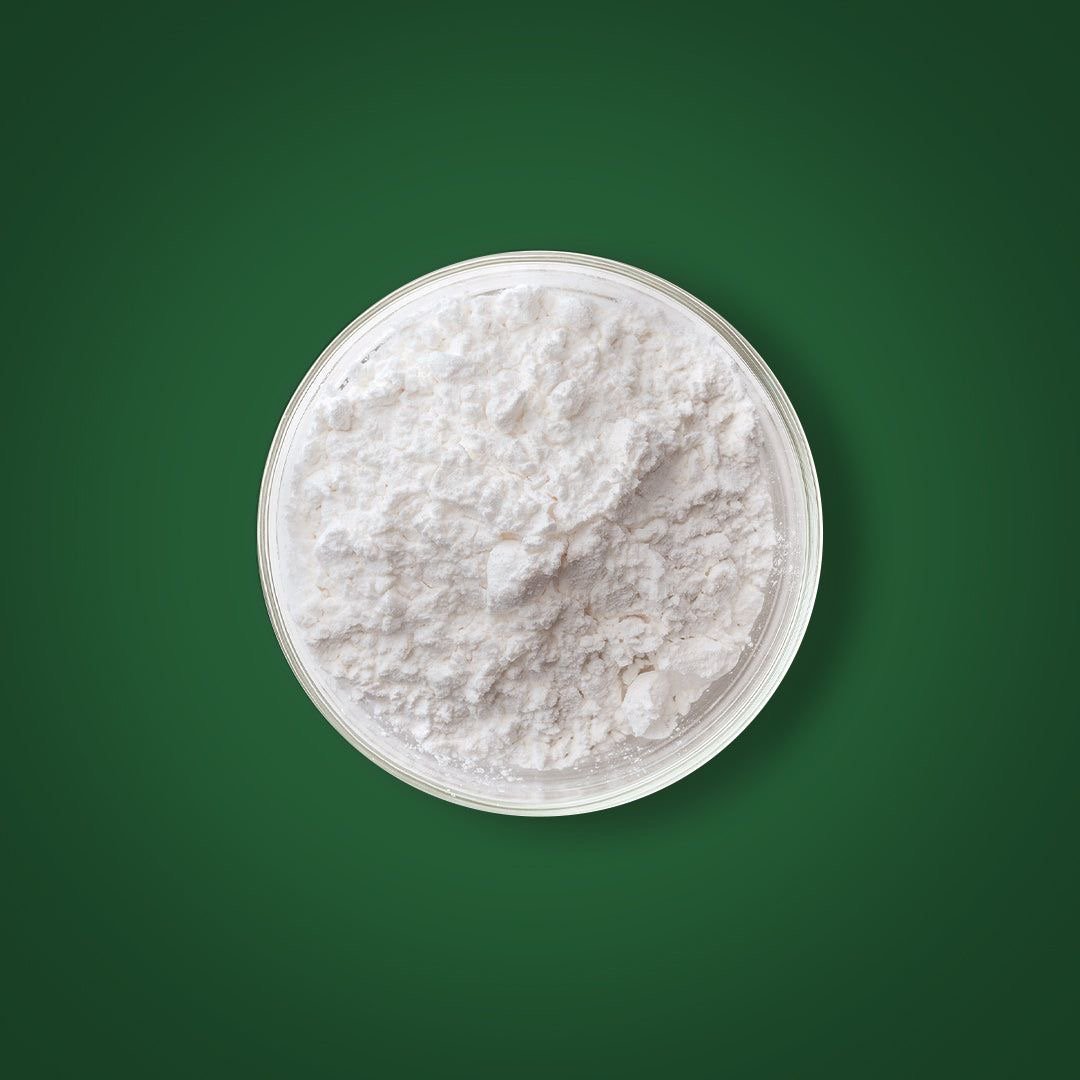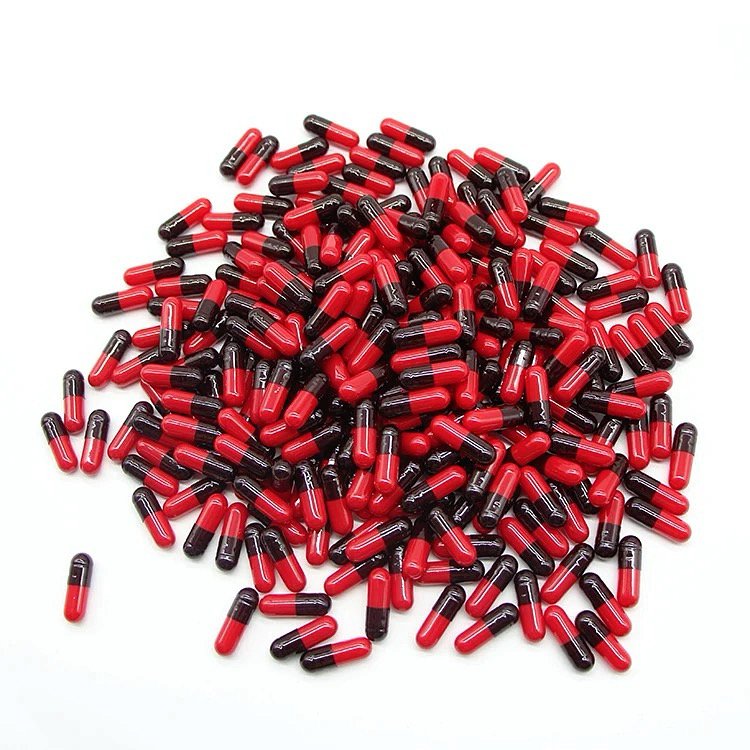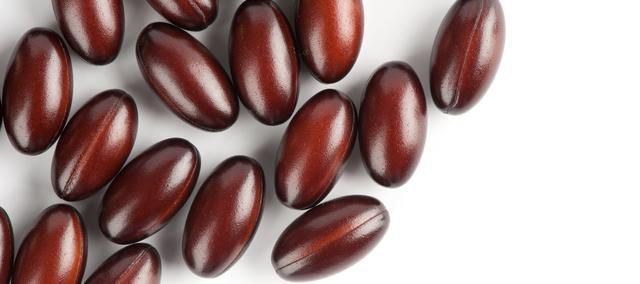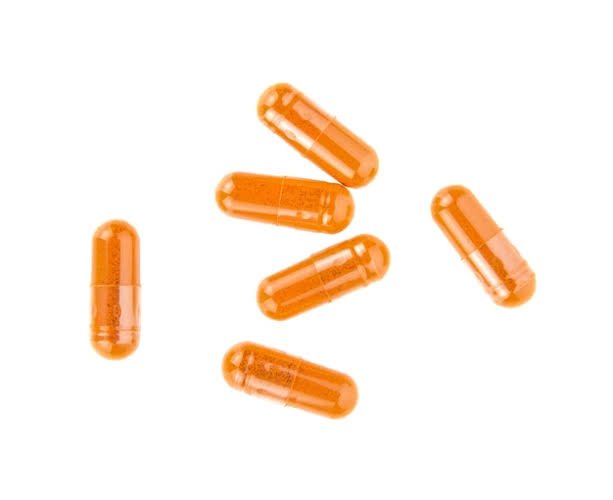
When examining the ingredient list on your supplement bottles, you’ll undoubtedly come across a section labeled ‘other ingredients,’ which are commonly known as excipients. However, what exactly do excipients entail? In this informative article, we delve into the realm of excipients, elucidate their significance, and present a comprehensive list of the most prevalent components to be aware of.
The Essence of Excipients
Excipients encompass any constituents, distinct from the active ingredients, found within a supplement or pharmaceutical medication. They are akin to the additives employed in the production or packaging of food, serving to enhance taste, texture, appearance, nutritional content, and preservation. While excipients themselves do not exert active effects, it’s worth noting that many supplements necessitate their incorporation during manufacturing. Additionally, it’s even possible for an excipient used in the manufacturing process to be absent from the final product.
Why Do Excipients Find Their Way into Your Products?
Excipients play pivotal roles in streamlining the manufacturing process; moreover, they aid in product identification and act as carriers or carrier components for the active substance. Additionally, they can enhance the appearance, stability, patient acceptance, and bioavailability of the finished product. Consequently, this bolstering of its overall safety and functionality during storage, transport, and use is significant. It’s important to note that many excipient ingredients serve multiple functions.
Excipients in supplements serve diverse functions, encompassing a wide range of roles, including but not limited to:
- Acidifying/alkalizing agent
- Aerosol propellant
- Antifoaming agent
- Antioxidant
- Binding agent
- Buffering agent
- Carrier/vehicle
- Chelating/sequestering agent
- Coating agent
- Coloring, flavor, perfume
- Diluting/bulking agent (to improve dose accuracy)
- Disintegrant (to aid dissolution in the gastrointestinal tract)
- Emulsifier
- Glidant/anticaking agent
- Granulating agent
- Humectant (to preserve moisture)
- Lubricant
- Ointment/suppository base
- Plasticizer
- Preservation agent
- Stiffening agent
- Suspending agent
- Sweetening agent
The Health Implications of Common Excipients
Interestingly, certain excipients boost supplement efficacy. For example, CoQ10 phytosome, blending CoQ10 with sunflower lecithin, triples its absorption. Excipients protect ingredients, like maize starch and stearic acid, ensuring probiotic survival in harsh digestive conditions. Moreover, some excipients are also employed as active ingredients. For example, ascorbic acid and α-tocopherol serve as excipients for their antioxidant properties and feature as active ingredients in vitamin C and E supplements, respectively.
A Roster of Excipients in Supplements
Excipients used in supplements and pharmaceuticals can originate from plant or animal sources or be synthetically manufactured. Commonly employed excipients in supplements encompass:
- Ascorbic acid
- Aspartic acid
- Aspartame
- Carrageenan
- Castor oil
- Cellulose
- Glycerides, polyglycerides (derived from hydrogenated vegetable oils)
- Glyceryl behenate
- Lactose
- Lecithin
- Magnesium stearate
- Mineral oil
- Polyethylene glycol
- Polyacrylamide
- Polydextrose
- Polysorbate 80
- Polyvinylpyrrolidone
- Propyl gallate
- Silicon dioxide
- Soybean oil fatty acids
- Stearic acid
- Terpene resin
Safety Considerations for Excipients in Supplements
When used as directed, excipients are generally safe and associated with minimal health risks. However, common adverse effects may include allergic reactions, gastrointestinal discomfort, and skin hypersensitivity responses. Therefore, individuals with sensitivities or allergies to particular ingredients, such as artificial sweeteners or lactose, should meticulously scrutinize supplement labels to ensure that the product does not contain these allergens.
In Summation
Excipients, although inactive, serve vital roles as additives in supplements; they enhance appearance, boost bioavailability, and fortify the stability of active ingredients. Moreover, these excipients must conform to food additive regulations, ensuring their safety for human consumption. Therefore, if you are a patient, it is advisable to consult with your integrative healthcare provider before incorporating new supplements into your wellness regimen
In need of any excipients? Contact our team for all your burning questions: info@forefront-nutraceuticals.com

